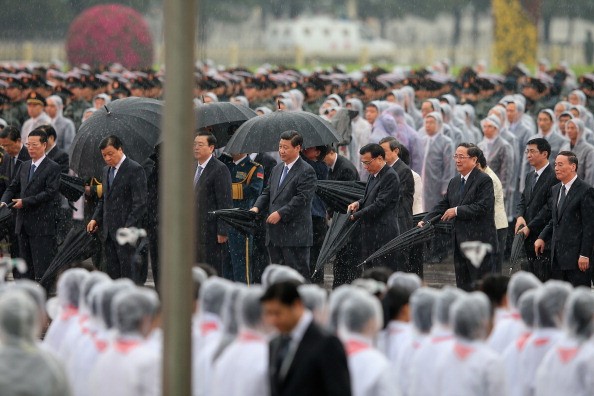Every day, thousands of tourists hop on bullet trains that take them all the way to northwestern China, where Yan’an, the self-proclaimed “holy site” of Chinese communism, is located.
Called “Red Tourists,” some even dress up as military officers from the era. The former revolutionary stronghold is quite unremarkable, but its caves were once the hiding places of Mao Zedong and his comrades for 12 years, according to an article by Nikkei.
In addition to the caves, various government websites have also identified 100 other sites relevant to Chinese communism and Mao’s cause.
Just outside the city, however, is Kangping Village, the place where Chinese president Xi Jinping and anti-corruption czar Wang Qishan first bonded. The place, according to Nikkei, is far more relevant than Yan’an in today’s Chinese politics and power plays.
Xi and Wang first met in 1969 in a cave. They were the scion of elite families, sent to Shaanxi Province in exile to work with peasants during Mao’s Cultural Revolution. The two would frequently spend time together, even though Xi’s cave in Liangjiahe is located roughly 50 kilometers away from Kangping Village.
Aside from talking about their ambitions, Wang and Xi bonded over books, which were considered a special commodity during the Cultural Revolution.
Unlike in the late 1960s when Wang and Xi huddled under the same quilt for warmth in dank caves, the two now run China within the Zhongnanhai leadership compound in comfort and style.
The two leaders are busy preparing for the 19th Communist Party National Congress, which will decide the fate of China through the introduction of the new team that will lead the country for the next five years.
China’s leaders usually retire by the age of 68. Although Xi is only turning 64 and can still lead until 2022, five of his team members, including Wang, will be past the informal retiring age.
Wang has been instrumental in some, if not most, of Xi’s successes. It is unclear how the younger leader will carry on once Wang retires and the partnership ends.



























